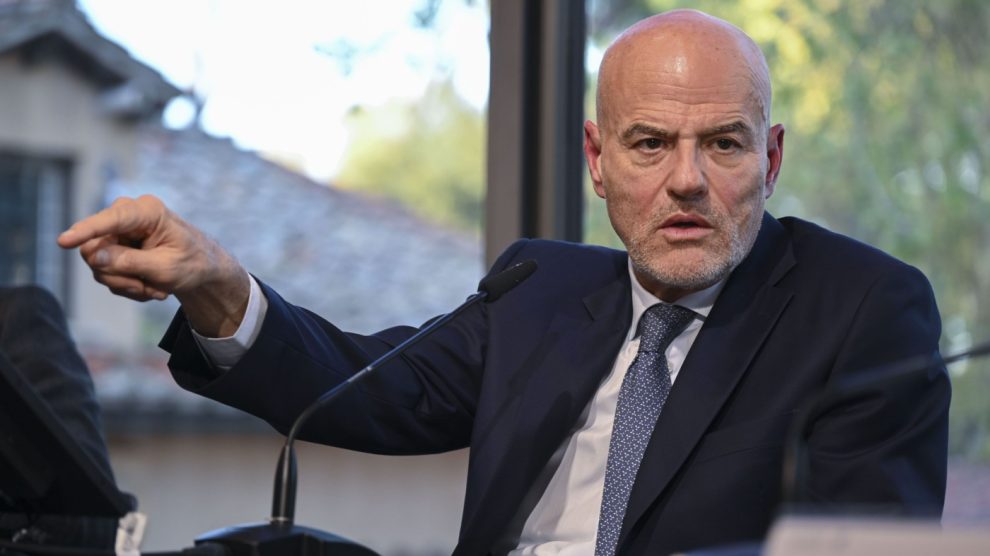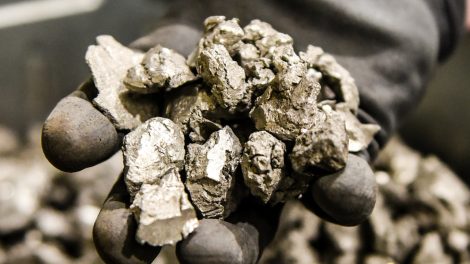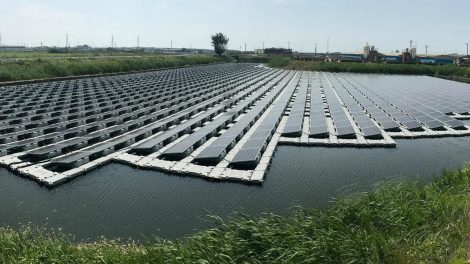We need Turkey to build EastMed. That’s the key takeaway from Claudio Descalzi, the newly-reconfirmed CEO of Eni, Italy’s State-controlled energy major, regarding the planned undersea pipeline that would carry natural gas – and perhaps hydrogen – from the Eastern Mediterranean gas fields to mainland Europe.
- At a parliamentary hearing on Wednesday, speaking to the Foreign Affairs Committee, Mr Descalzi stressed that it’s impossible to plan such a project without Ankara. “Any agreement of this kind must be made with Turkey; we cannot think that Israel, Cyprus and Greece can find an agreement [on the pipeline] without the participation of Turkey.”
A step back. The on-ice project has regained attention (including from the US) since Russia’s large-scale invasion of Ukraine, which spurred Europe to diversify away from Moscow’s gas. The European Union is interested in partially financing it, and countries across the region are keen to exploit the vast gas reserves in the basin.
- Egypt, Israel, Libya and Turkey are among the non-EU actors interested in exploiting the reserves. However, political frictions and territorial disputes are limiting progress.
- Mr Descalzi remarked on the existence of “hard-to-settle disputes” between Turkey and Cyprus as well as the Turkey-Libya deal on joint gas explorations, which conflicts with the other countries’ territorial claims over the basin.
The take from Parliament. “We hope that Israel will be able to continue the dialogue with Turkey,” said Paolo Formentini, Vice President of the Foreign Affairs Committee, to our sister website. In this sense, he added, Mr Descalzi’s words “did not surprise us. In fact, the key concept he enunciated is feasible.”
- The majority’s MPs have called on the Italian government to pursue the construction of the EastMed pipeline and facilitate talks among countries to that end.
The virtual alternative. Cyprus and Israel are in talks to link their offshore gas fields, but on Monday, Cyprus’ Energy Minister George Papanastasiou played down prospects of building a pipeline towards mainland Europe through Greece and Italy – and spoke of setting up a liquefied natural gas shipping corridor in the next few years.
- “It could be a virtual pipeline which would link [Israel] through Cyprus to the rest of Europe in liquefied form,” he said. Egypt is also boosting its LNG production, with Eni helping the country to ramp it up.
- On the European side, countries (including Italy) have been upgrading their LNG-receiving terminals and regasification structures in response to Russia’s energy warfare.





